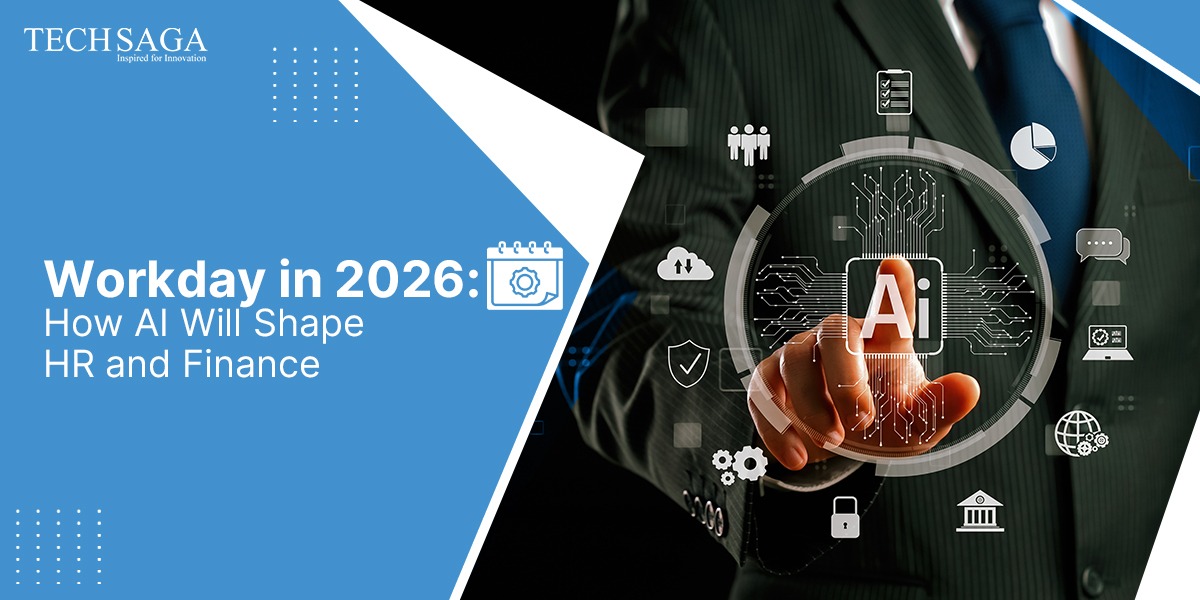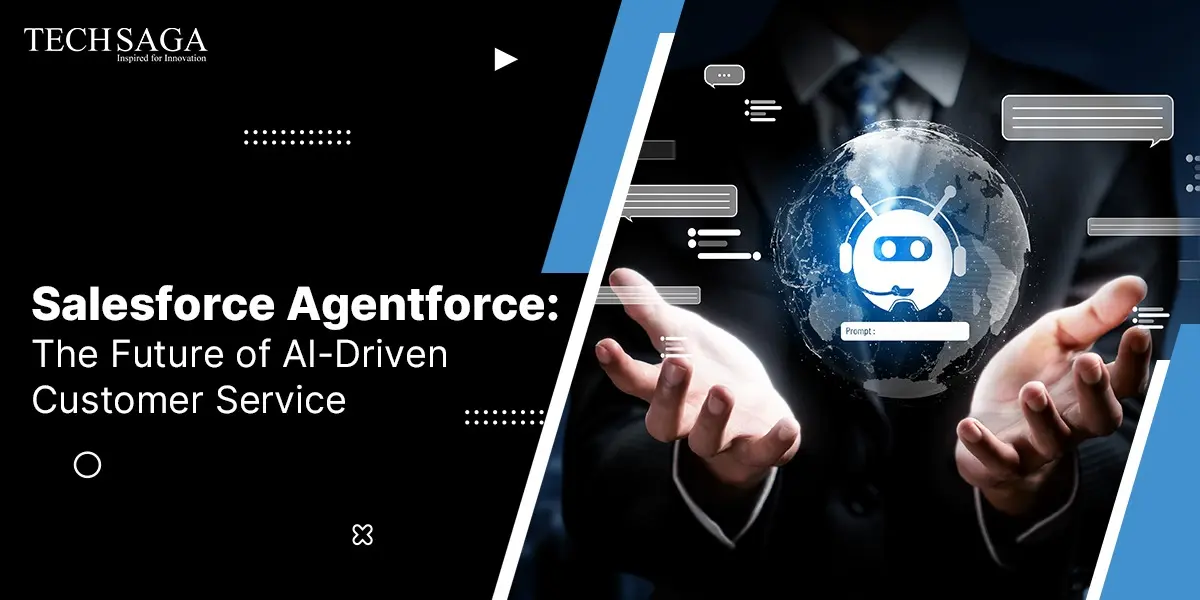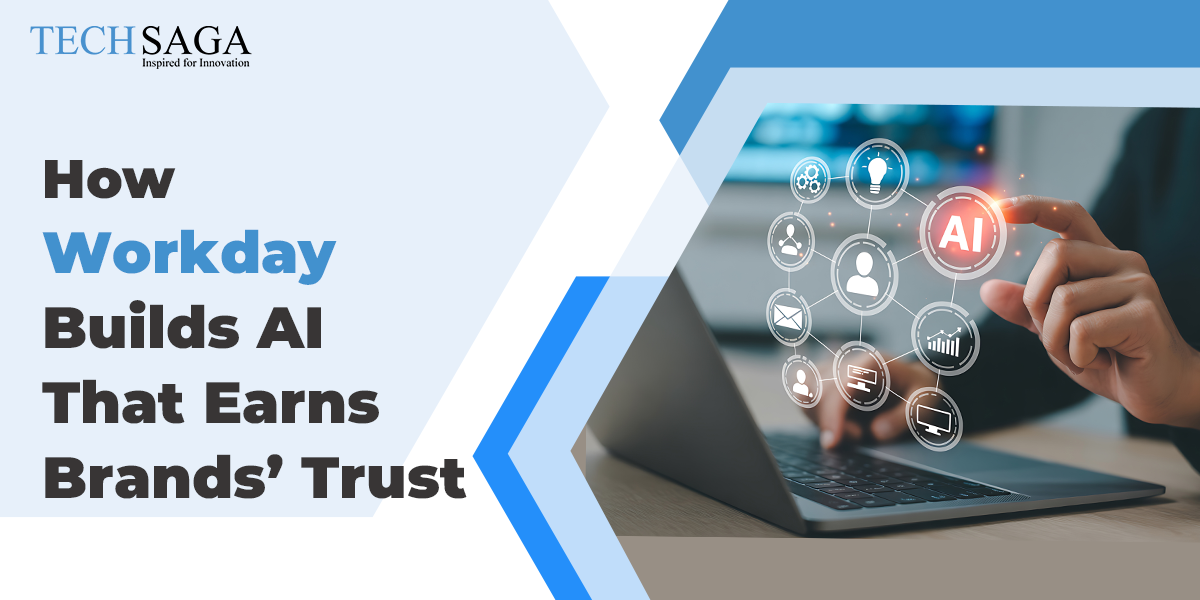Team Techsaga
Gain valuable insights and stay updated with the latest innovations through our engaging blog. Explore trends, technology advancements, and expert opinions to navigate the ever-evolving world of IT.
How a Workday Consultant Breathes New Life into an Ecosystem
In the fast-evolving landscape of modern business operations, the role of Workday consulting has become increasingly pivotal. Workday consultant, a cloud-based enterprise software specializing in human capital management (HCM), financial management, and analytics, serves as a cornerstone for many organizations aiming to streamline their processes and enhance operational efficiency.
However, maximizing the benefits of Workday requires more than just implementing the software—it demands expertise in optimizing its capabilities to align with organizational goals and drive meaningful transformation.
Understanding the Workday Consultant’s Role:
A Workday consultant acts as a catalyst for change within an organization’s ecosystem. They bring in-depth knowledge of the Workday platform and a strategic mindset to tailor solutions that meet specific business needs. Here’s how they breathe new life into an organization:
Customization and Configuration-
With its wide range of customization choices, Workday enables businesses to adapt the program to their own needs. A Workday consultant assesses current processes, identifies inefficiencies, and designs customized solutions that optimize workflows. This customization ensures that every aspect of the organization’s operations—from HR functions to financial management—is seamlessly integrated into the Workday ecosystem.
Implementation Excellence-
Implementing Workday involves more than just installing software. It requires a structured approach to ensure smooth deployment and minimal disruption to daily operations. A Workday consultant uses their experience to supervise the entire implementation process, including training, testing, and data migration. Their goal is to facilitate a seamless transition to Workday, empowering organizations to leverage their full potential from day one.
Strategic Advisory-
Beyond technical implementation, a Workday consultant acts as a trusted advisor, providing strategic guidance on leveraging Workday to achieve long-term business objectives. They work together with stakeholders to comprehend the objectives of the firm and convert them into workable plans inside the Workday framework. Whether it’s optimizing workforce management, enhancing financial reporting capabilities, or improving data analytics, the consultant ensures Workday aligns with the organization’s strategic roadmap.
Continuous Optimization-
The journey with Workday doesn’t end with implementation. A Workday consultant continuously monitors system performance, identifies areas for improvement, and implements updates to keep pace with evolving business needs. They provide ongoing support, troubleshoot issues, and introduce new features or functionalities that enhance productivity and efficiency. This iterative process ensures that the Workday ecosystem evolves alongside the organization, driving sustained growth and innovation.
Change Management and Training-
Introducing a Workday often requires a cultural shift within the organization. A Workday consultant facilitates change management initiatives to ensure the smooth adoption of new processes and technologies. Therefore they conduct training sessions to empower employees with the knowledge and skills needed to maximize their efficiency with Workday, fostering a culture of continuous learning and improvement.
How Workday consultants tailor solutions to meet specific organizational needs:
Workday consultants play a crucial role in IT consulting, tailoring solutions to meet specific organizational needs by leveraging their deep understanding of the Workday platform and their expertise in business processes. Here are several key approaches and strategies they use:
Assessment and Analysis-
Before embarking on any customization project, Workday consultants conduct a thorough assessment of the organization’s current workflows, systems, and pain points. Hence they analyze existing processes to identify inefficiencies, gaps, and areas where Workday can provide the most value.
Customization Capabilities-
Workday offers extensive customization capabilities that allow consultants to tailor the platform to fit unique organizational requirements. Consultants can configure workflows, fields, reports, and dashboards to align with specific business processes and operational needs.
Requirement Gathering-
To collect specific requirements, consultants collaborate extensively with stakeholders from different departments. They conduct workshops and interviews to understand the nuances of each function and ensure that the solution addresses both current challenges and future growth aspirations.
Designing Solutions-
Within the Workday framework, consultants create customized solutions based on the needs collected. This may involve configuring Workday modules such as HCM, financial management, payroll, or talent management to automate processes, improve data accuracy, and enhance decision-making capabilities.
Integration with Existing Systems-
Many organizations have existing legacy systems or third-party applications that need to coexist with Workday. Moreover, consultants ensure seamless integration by developing APIs, data connectors, or middleware solutions that facilitate data exchange and maintain system interoperability.
Best Practices and Industry Standards-
Workday consultants bring industry best practices and standards to the table. They leverage their experience from previous implementations and industry knowledge to recommend solutions that not only meet immediate needs but also align with industry trends and compliance requirements.
User Experience and Training-
A critical aspect of customization is ensuring a positive user experience. Consultants design intuitive interfaces, workflows, and role-based access controls that simplify tasks and improve productivity. They also conduct comprehensive training sessions to empower users with the skills needed to leverage new functionalities effectively.
Iterative Refinement-
Customization is not a one-time effort but an iterative process. Consultants collaborate closely with stakeholders to gather feedback, monitor system performance, and make iterative refinements to ensure the solution continues to meet evolving business needs and objectives.
Scalability and Future-Readiness-
Workday consultants design solutions with scalability in mind, anticipating future growth and changes in business requirements. Therefore they ensure that the customized solutions can adapt to organizational expansions, regulatory changes, and technological advancements without requiring major reconfigurations.
Measuring Success-
Throughout the customization process, consultants establish key performance indicators (KPIs) and metrics to measure the success of the implemented solutions. They conduct post-implementation reviews to assess ROI, user satisfaction, process efficiencies, and overall alignment with organizational goals.
Conclusion:
A Workday consultant is a catalyst for business consulting, orchestrating a symphony of technological prowess and strategic alignment. Their impact extends beyond system integration; it resonates in enhanced productivity, streamlined operations, and empowered workforce capabilities.
As organizations navigate the complexities of today’s business landscape, partnering with a Workday consultant ensures not just operational efficiency but also resilience and agility in the face of change. Therefore they epitomize innovation and foresight, driving organizations toward sustained growth and excellence in the digital era.




